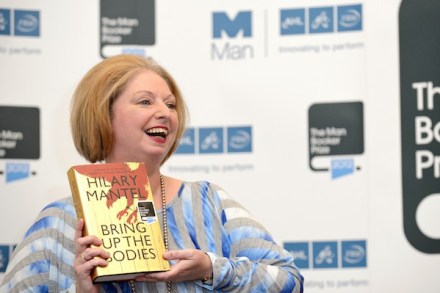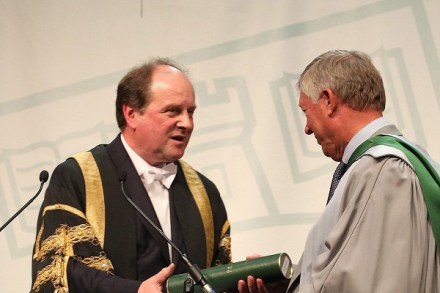Review – A Doomed Marriage by Daniel Hannan
When Dan Hannan’s book, A Doomed Marriage: Britain and Europe, arrived through the post I was alarmed to see that it was shrink wrapped in the same way as top shelf pornographic material. For those of you Europhiles who rather warm to the idea of a federal Europe and look forward to the day when we join the Single Currency, this will not be a happy read. But if you are of the Amish wing of the Conservative Party (or even a Kipper), convinced that it won’t be too long before the clank of jackboots will be heard on the Mall and that her Majesty will be evicted from Buckingham

















